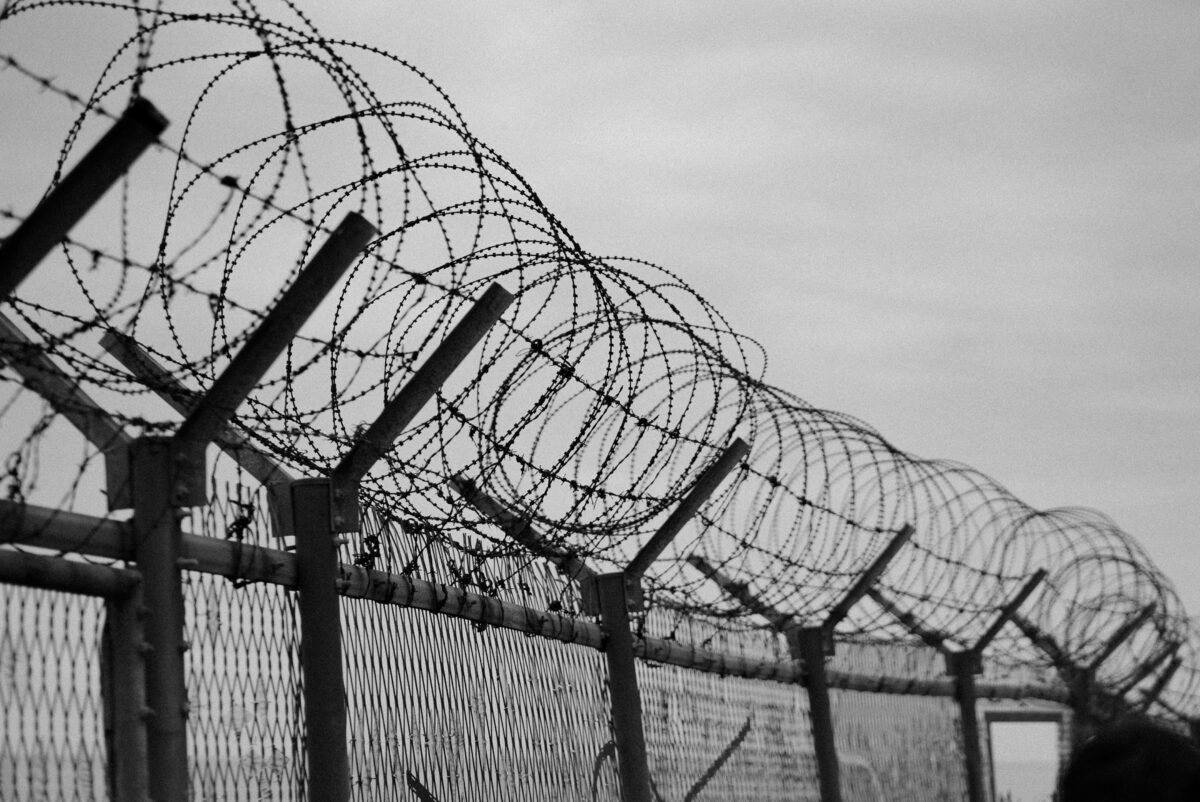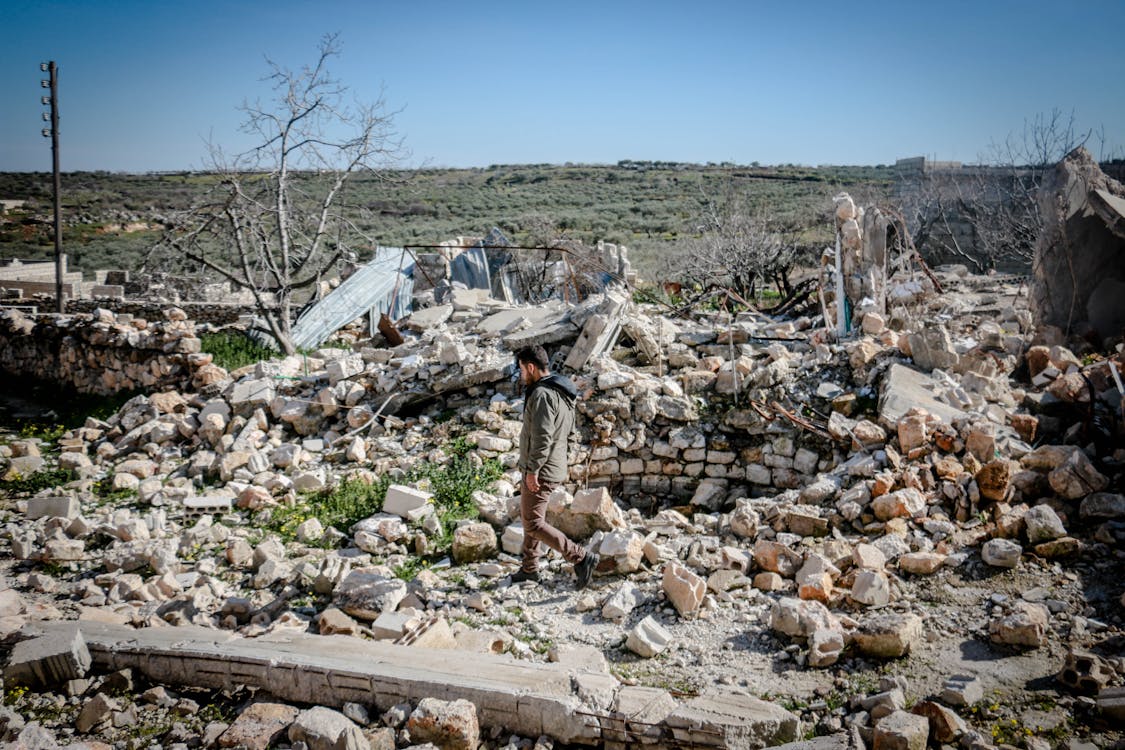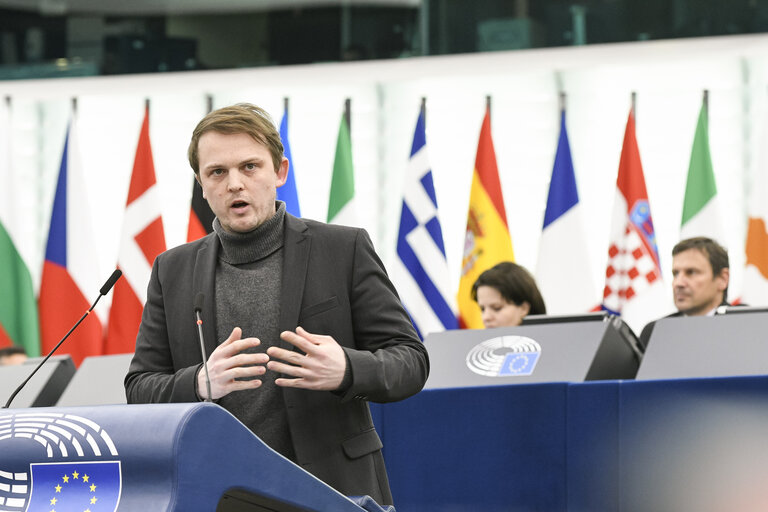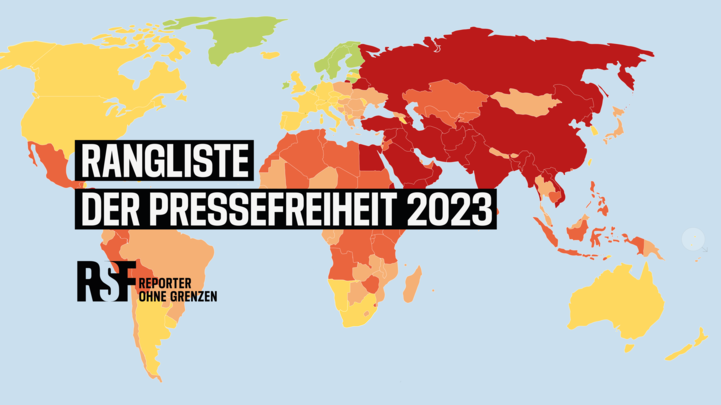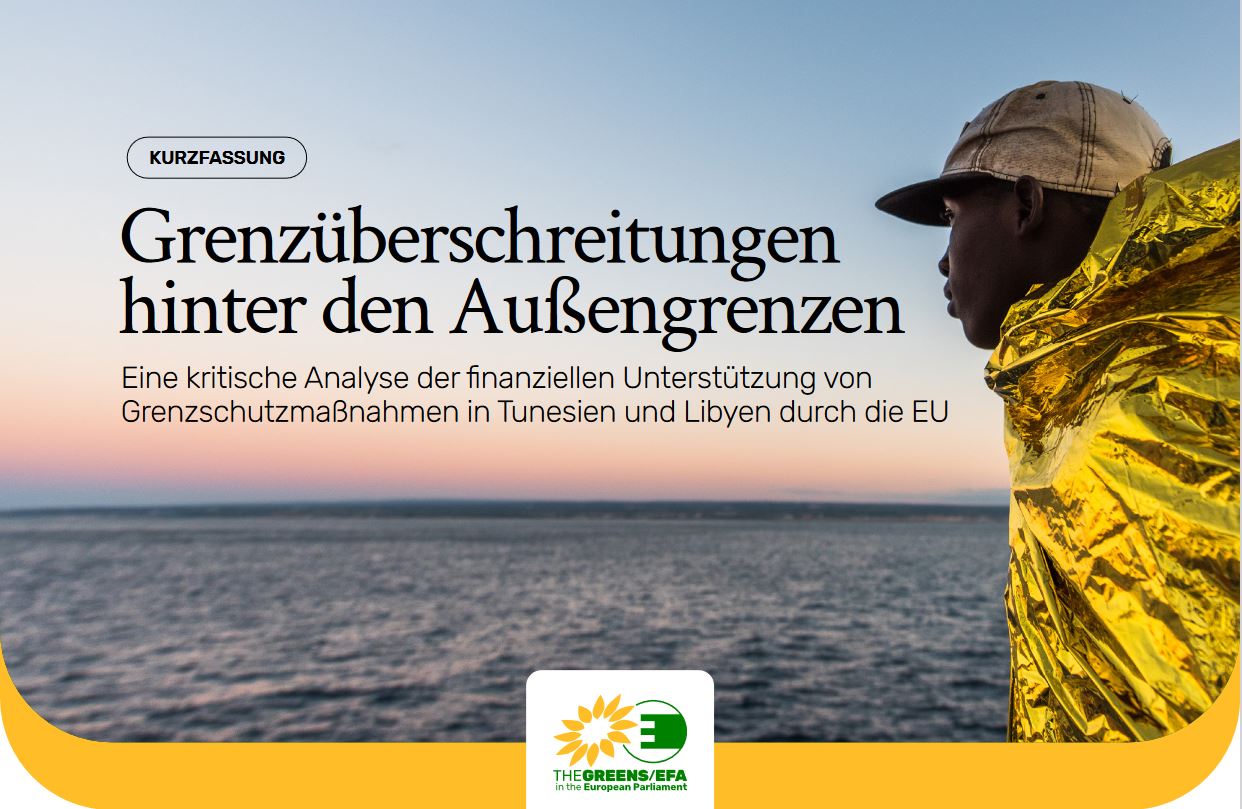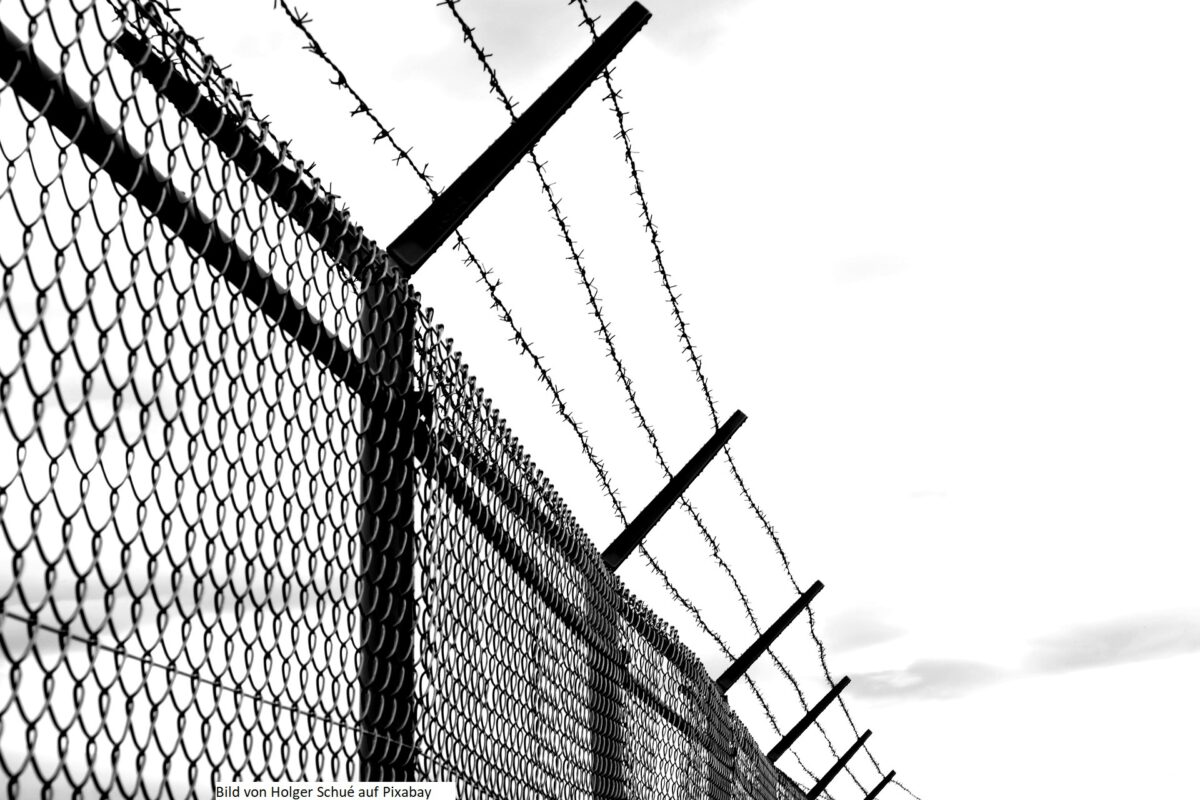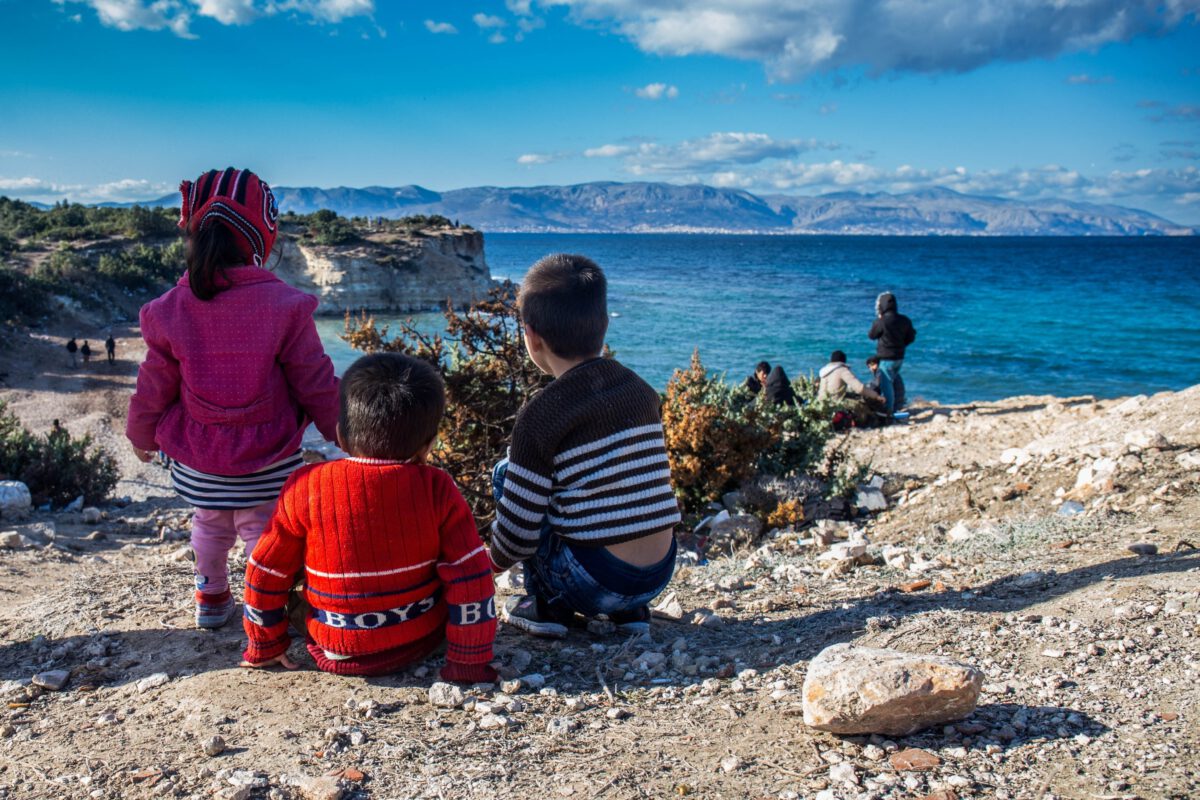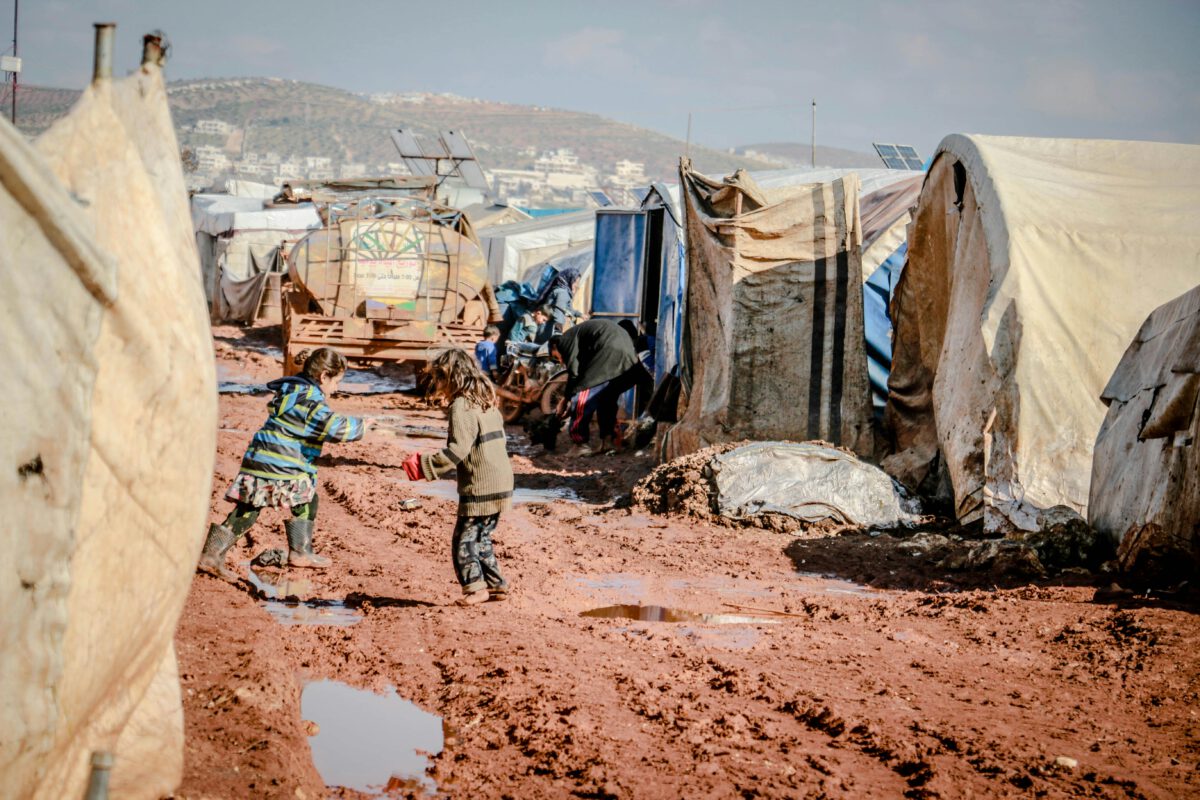Briefing: Reform of the Schengen Borders Code
What is it about?
The Schengen Borders Code regulates entry conditions and border controls at the EU's external and internal borders. It deals, for example, with the question of the conditions under which internal border controls are possible.
The Borders Code is an important instrument for ensuring freedom of movement in Europe; however, Member States often do not comply with the Code. For example, they introduce internal border controls and disregard the legal basis for them. These controls jeopardize the Schengen area by hindering the free movement of people, goods and services, which is so important for the functioning of the EU and its associated countries (Switzerland, Norway, Iceland and Liechtenstein). In border regions in particular, internal border controls not only cost a lot of money, but also restrict people's lives. At the same time, they often do not lead to the achievement of self-imposed goals, for example because they cannot prevent asylum applications, although this is repeatedly claimed.
The reform
The European Commission attempted to reform the Schengen Borders Code in 2017, but the member states were unable to agree on a common position.
After the Member States closed internal borders during the coronavirus pandemic without coordination at EU level, the Commission proposed a new reform that includes provisions for major health emergencies, such as pandemics.
The Commission proposal from December 2021 was controversial to say the least, followed by an even more problematic Negotiating position of the Member States. Despite the often emphasized importance of the Schengen area for the realization of freedom of movement in the EU, these texts would have led to Member States being able to introduce endless internal border controls under certain circumstances. The European Parliament, on the other hand, with its Negotiating position a compromise that protects the Schengen area.
ECJ ruling on border controls
Parallel to the reform process of the Schengen Borders Code, the European Court of Justice has ruled in a Basic ruling not only interpreted the duration of internal border controls under the current code very strictly, but also clearly stated that endless internal border controls violate the freedom of movement enshrined in EU law. This made it clear that freedom of movement is a right that EU member states may not restrict indefinitely. The co-legislators (Council and Parliament) must therefore find a balance between "freedom" and "security" that only works with a fixed time limit for internal border controls in the reformed Schengen Borders Code.
The final compromise
The interinstitutional negotiations led to a Compromiseon which we will vote in the European Parliament in the last plenary week of the legislative period (end of April 2024).
We are critical of the outcome of the negotiations because: The maximum Duration of internal border controls to be increased from the current 6 months to 3 years. However, Member States have a new, more detailed reporting obligation when they introduce internal border controls. In return, the Commission has slightly more duties and powers to monitor application. Experts doubt whether this will lead to border controls being more restricted.
It will also there are additional reasons to allow internal border controls. This sensibly includes a health emergency on a large scale, but also the highly controversial reason of unauthorized secondary migration of third-country nationals on a large scale. This effectively legalizes the practice that has been in place since 2015 of member states introducing internal border controls in order to "curb" "irregular" migration.
The outcome of the negotiations also includes a new procedure for the internal transfer of third-country nationals without the right to stay between member states. This procedure will probably lead to an increase in "racial profiling" and, in the worst case, even Chain deportations can take place.
The introduction of the term "Instrumentalization", Member States can limit the number of border crossing points and their opening hours and intensify border surveillance if they feel that they are being instrumentalized. However, the exact cases that are considered instrumentalization are not defined at all and are therefore left to the discretion of the member states. In addition, the possibilities for police checks and the general number of police officers deployed on the territory have been Control and monitoring technologies expanded. These additional provisions shall enter into force immediately after publication if Parliament and the Council have given their consent.
In practice, however, it remains to be seen whether the Member States will actually comply with these new rules and whether the Commission will use its powers as guardian of the treaties to ensure that they do.
